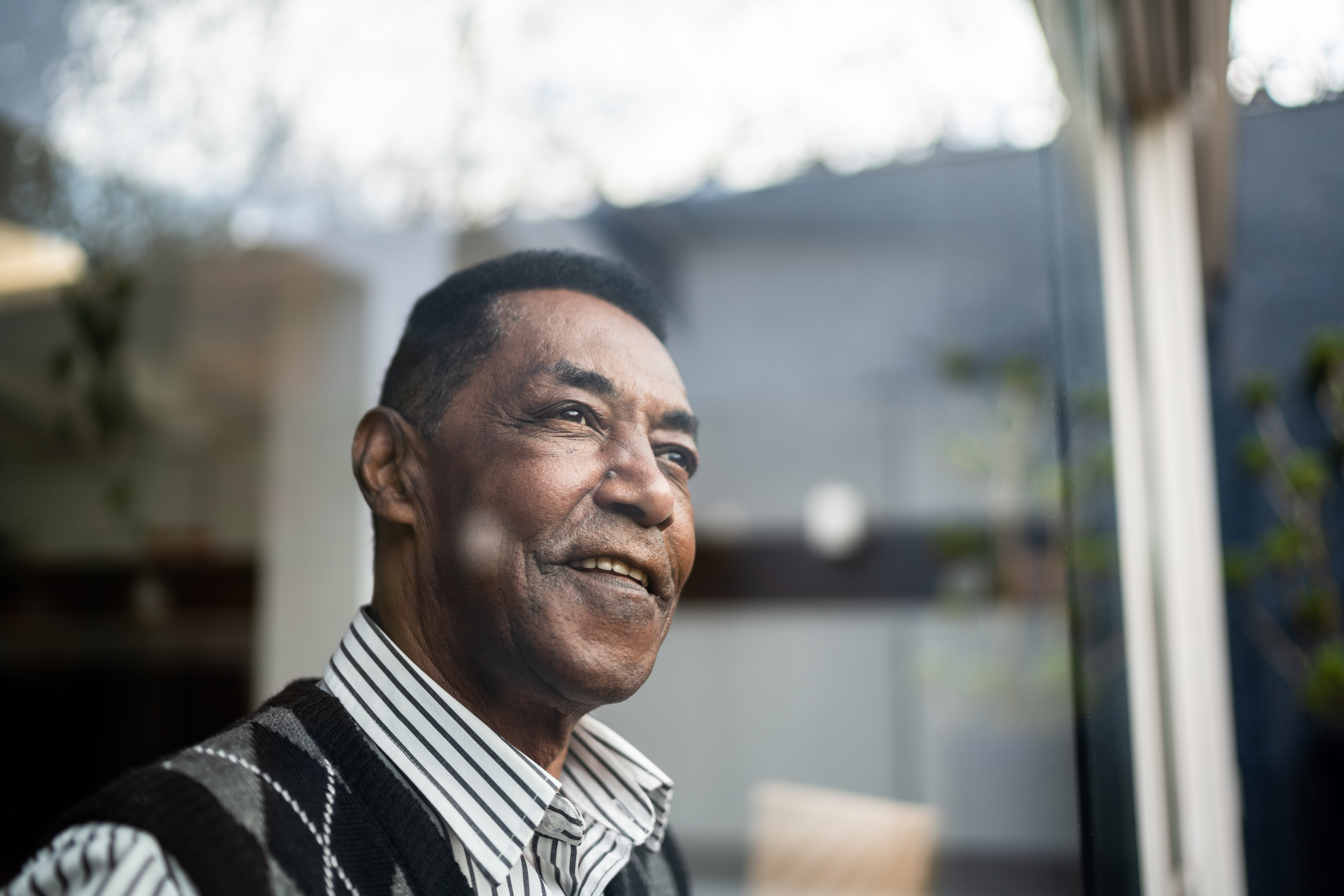How patients are transforming cancer care: Insights from ESMO on patient-centric oncology
We recently had the privilege of attending ESMO, the European Society for Medical Oncology. With over 40,000 oncology professionals from 177 countries, ESMO stands as a global leader in oncology education and information. Throughout the event, we gained invaluable insights, with a strong focus on one of the most pressing topics in healthcare today: patient centricity.
We are currently witnessing a transformative focus on integrating patient perspectives throughout the entire cancer care continuum. This focus not only elevates the role of patients as active participants in their care journey but also reshapes the future of oncology by driving more compassionate, effective, and equitable solutions.
Patient-centric clinical trial design
A key area of discussion at ESMO was the involvement of patients in clinical trial design. Traditional clinical trials have often been designed around scientific objectives with limited input from the patients who participate in them. However, the conversation is shifting. By incorporating patient feedback early in the design process, studies are becoming more relevant and user-centric, while also more accessible to diverse populations.
Patients bring valuable insights regarding their day-to-day experiences, preferences, and tolerances. For example, feedback on the side effects of medications, frequency of clinic visits, or specific procedural discomfort can inform the design of trials that are more patient friendly. This, in turn, can lead to higher participation rates, improved retention, and more meaningful outcomes. Ultimately, clinical trials designed with the patient in mind speed up the development of new therapies that are both effective and widely accepted by those who need them most.
Global cancer care inequalities
ESMO also addressed a critical challenge facing the oncology community: the persistent inequalities in cancer care across different countries and regions. Disparities in access to treatment, resources, and health outcomes remain a significant issue, particularly in low- and middle-income countries. These gaps are driven by a range of factors, including socioeconomic barriers, geographic isolation, and systemic healthcare limitations.
At the conference, thought leaders shed light on global efforts to bridge these divides. These include expanding access to advanced therapies, training local healthcare professionals, and investing in infrastructure to deliver care in underserved areas. Another key strategy involves adapting treatment protocols to fit local contexts—recognizing that a one-size-fits-all approach might not work in regions with limited resources. The goal is a more equitable global healthcare landscape where every patient, regardless of where they live, has access to quality cancer care.
Evolving patient-doctor relationships
The dynamics of the patient-doctor relationship are evolving, and this was a prominent topic at ESMO. Historically, the relationship between doctors and patients was more paternalistic, with doctors often making decisions on behalf of their patients. Today, there is a growing emphasis on fostering collaborative partnerships where patients are actively engaged in their care decisions.
Shared decision-making, a model that emphasizes collaboration between patients and healthcare providers, is being increasingly adopted. This approach empowers patients to express their values, preferences, and goals, ensuring that treatment decisions are aligned with their personal circumstances. Research has shown that patients who are more involved in their care tend to have higher satisfaction levels and better outcomes. Moreover, fostering trust and open communication alleviates some of the emotional burdens that accompany cancer diagnoses, leading to an overall improvement in the quality of life for patients.
A future built on patient advocacy
Overall, the emphasis on patient advocacy at ESMO signaled a positive and progressive trend in healthcare. Placing patients at the center of oncology isn’t just about improving outcomes—it’s about transforming the entire experience of cancer care. From clinical trial design to the global fight for equitable treatment, and from patient-doctor dynamics to the broader integration of patient perspectives, the future of oncology is becoming increasingly interconnected, efficient, and centered around the needs and well-being of patients.
This patient-centric approach promises to drive significant advancements in treatment, care delivery, and overall health outcomes for those living with cancer. By embracing the voices of patients, the oncology community is better equipped to deliver personalized, compassionate, and innovative solutions that will define the next era of cancer care.
Beyond ESMO, the conversation about patient centricity in cancer care is still very much ongoing. To continue the discussion, join our upcoming webinar – Patient centricity: Are we ready for the next era of cancer care? – taking place on October 8 at 3pm (BST). Secure your place here.

Jump to a slide with the slide dots.
Innovation with intention: Embedding empathy in oncology
With new therapies and personalized treatments helping patients live longer, the definition of success in oncology is evolving. Read more.
Read moreASCO® 2025: Scientific advancements and strategic shifts in oncology
Our experts brought back actionable insights for organizations preparing to lead the future of oncology. Read more.
Read moreDriving impact and innovation: Key insights from MAPS EMEA 2025
Across spotlight sessions, workshops, and conversations, three core themes stood out. Read about them in our latest article.
Read more